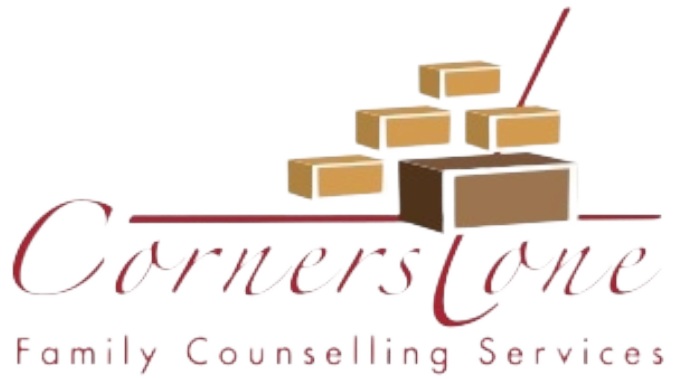
Building Psychological Safety: How Leaders Create Teams Where People Do Their Best Work
Last Tuesday, Sarah watched her star developer storm out of a team meeting. The quarterly release was behind schedule, tensions were high, and what started as a project check-in had





